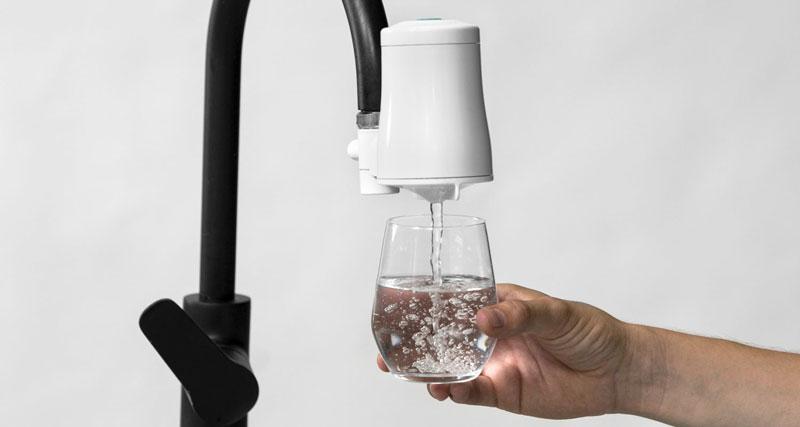How to Filter Lead from Your Tap Water
Throughout most of the 20thCentury, American cities and homeowners installed lead pipes and solder in their tap water delivery systems – creating a toxic legacy for all of us. And the problem isn’t likely to change soon.
No matter where you live, you can use simple techniques to discover whether your tap water is polluted with lead. The U.S. Environmental Protection Agency requires most water utilities to test drinking water and take action to reduce this contamination if the lead level exceeds 15 parts per billion (ppb) in more than 10 percent of the homes they sample.
In extreme cases of lead pollution, such as Flint, Michigan, local utilities must advise residents how to avoid drinking lead-tainted water while the utility looks for the source of the contamination.
In less extreme situations, water utilities are slowly replacing old lead-based water lines and urging residents to remove lead pipes and fixtures in their homes. But this is an attenuated and expensive process. Replacing water lines may make lead levels spike for a period after new lines are installed.
In the meantime we can filter our water to reduce our families’ exposure to lead.

You can find effective and affordable water filters specifically designed to remove lead. In general, carbon-based faucet-mount filters are good bets. Some cost as little as $70 per year. Many pitcher filters are not certified to remove lead and do not work as well for this purpose.
Visit EWG’s Water Filter Buying Guide to find a filter that meets your needs and budget, and choose a model certified for lead removal by NSF International, the California Environmental Protection Agency or Water Quality Association. Look for a product that removes more than 99 percent of lead from tap water. Check model numbers before purchasing, because product specifications may change.
To limit your family’s exposure to lead, use filtered water for both drinking and cooking. Change filters regularly to keep the device functioning properly.
Cold water generally contains less lead than warm or hot tap water. Boiling water does not remove lead.
Take extra care to filter lead out of your tap water if you have children under age six at home or if you or someone else in your household is pregnant, breastfeeding or planning to get pregnant. Mix infant formula with filtered or bottled water.
Lead harms practically every organ system in the human body, especially the brain. It can cause many health problems including permanent brain damage, lowered IQ, miscarriage and premature birth. Some studies link lead exposure during childhood to an increase in criminal behavior.
Children become less vulnerable to lead around age seven, when their bodies are better equipped to block lead from entering their brains. But it is prudent for everyone to avoid lead exposures because lead is harmful to all age groups.








